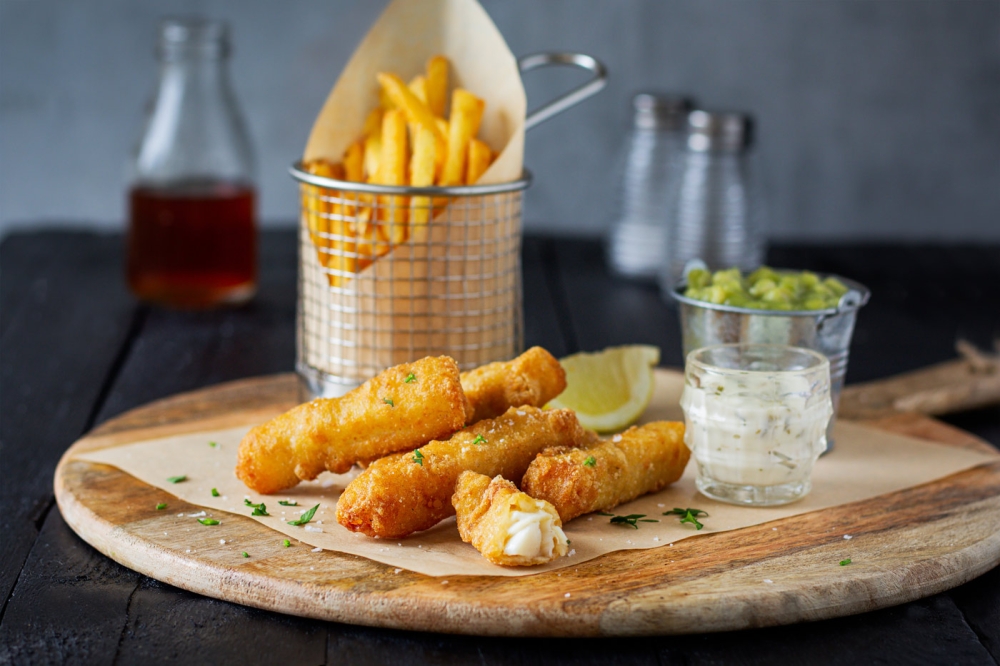This week is Food Waste Action Week – a whole week dedicated to raising awareness of the environmental impact of the food we throw away. This encompasses everything from the food that goes unsold or uneaten, to waste from restaurants and manufacturers. ‘Around a third of the food we produce worldwide is lost or wasted and it’s having a significant impact on climate change. In fact, it contributes a staggering 8–10% of total man-made greenhouse gas emissions’ WRAP.

WHAT CAN YOUR BUSINESS DO TO REDUCE FOOD WASTE?
In the first instance, making efforts to minimise leftover food is the simplest step. This could be as easy as reducing dish portions, using more frozen food, or switching to dishes that are suitable for freezing. However, recycling any remaining food waste doesn’t need to be a time-consuming task and there are different ways to go about it:
Donate any surplus food to local charities:
If you have any surplus food, consider donating it to local charities. Not only will you help worthy causes, but you’ll also boost your local reputation.
Anaerobic digestion:
Although this may sound like a complicated process, there are numerous companies that offer a food waste pick-up. All you have to do is throw your food waste into a separate bin, they’ll collect it and turn it into renewable energy. Read more about this here
Composting:
If you’re lucky enough to have a kitchen garden, you can simply compost your non-meat food waste. The compost you create will help you grow even more fruit and veg.
Commercial composting:
Recycling companies that don’t offer anaerobic digestion may be able to compost what they collect. Contact your recycling collection service for advice on the types of food services they offer.

OUR ENVIRONMENTAL PRACTICES
This is a subject close to our hearts and something we as a business have focused on for many years. We’re always looking for new ways to lower our carbon footprint, reduce our wastage and become more sustainable. Here are some of our active environmental practices:
- 100% of our food waste goes to anaerobic digestion to produce electricity…read more about this here
- 100% of our non-food waste is recycled
- 100% of our energy comes from renewable sources
- We invest regularly in new equipment to reduce our energy consumption
- Paramount regularly donate surplus food to local community groups and charities
- We source responsibly and locally where possible
- Our seafood comes from fisheries that have been certified as well managed and sustainable






